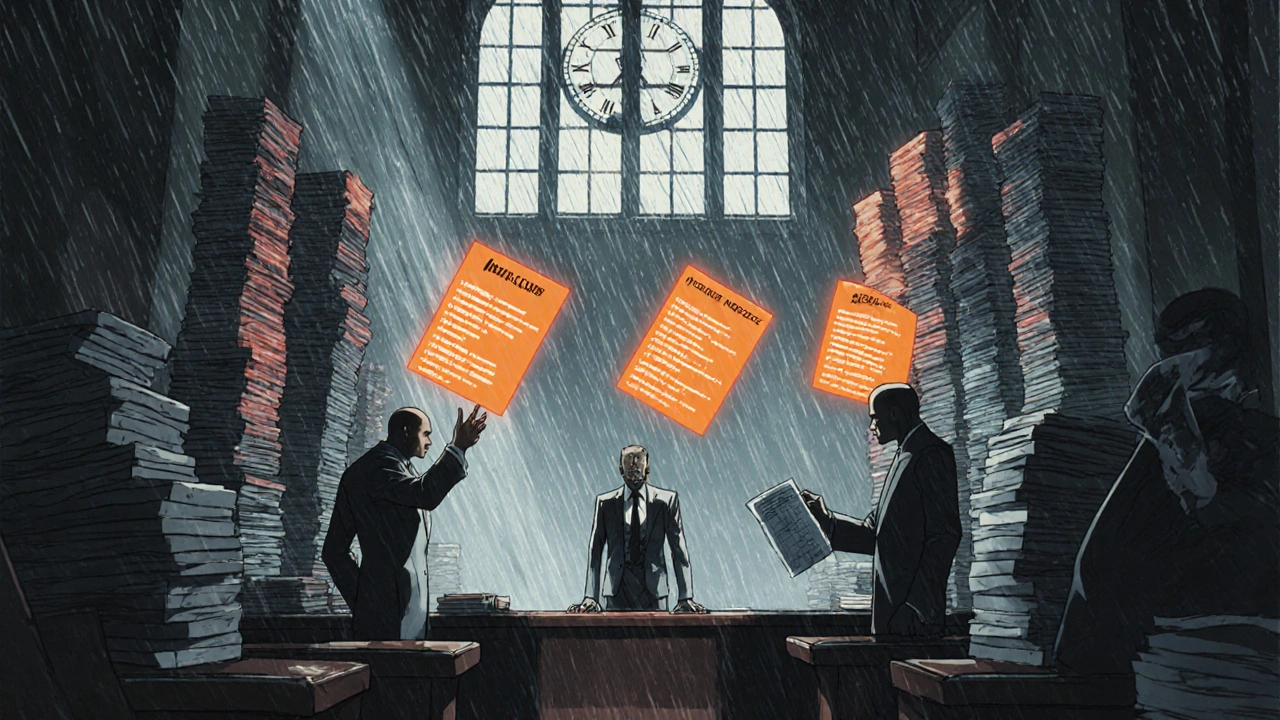Orange Book Listings: What They Mean for Generic Drugs and Drug Prices
When you hear Orange Book listings, the FDA’s official directory of approved drug products with therapeutic equivalence evaluations. Also known as Approved Drug Products with Therapeutic Equivalence Evaluations, it’s the public record that tells pharmacies, doctors, and patients which generic drugs are legally allowed to replace brand-name pills. This isn’t just bureaucracy—it’s the backbone of how you get cheaper meds. Every time you pick up a generic version of a brand-name drug, the Orange Book is the reason it’s legal, safe, and priced lower.
The Hatch-Waxman Act, a 1984 law that balanced drug innovation with generic competition. Also known as Drug Price Competition and Patent Term Restoration Act, it created the system that lets generic companies file for approval before the brand’s patent expires—using something called a Paragraph IV certification, a legal challenge to a patent they believe is invalid or not infringed. When a generic company files a Paragraph IV, it triggers a 30-month clock. During that time, the brand can sue to block the generic. If the generic wins, it gets 180 days of exclusivity to be the only generic on the market. That’s why you sometimes see one generic version priced way lower than others—it’s the first to challenge the patent.
The FDA, the U.S. agency that reviews and approves all drug applications. doesn’t just list drugs in the Orange Book—it decides if a generic is truly equivalent. That means the active ingredient, strength, dosage form, and how it’s absorbed in your body must match the brand. It doesn’t care about the color, shape, or filler ingredients. Just the medicine inside. If it passes, it gets an AB rating. That’s your green light to swap. If it’s not rated, your pharmacist can’t substitute it without your doctor’s okay.
These listings aren’t static. They change every day. Patents expire. Lawsuits settle. New generics get approved. That’s why a drug you couldn’t get as a generic last year might be dirt cheap today. And it’s why companies like Amgen and Teva fight so hard in court—they know a single Paragraph IV filing can open up billions in sales. The Orange Book is where the real battle for drug prices happens—not in ads, not in pharmacies, but in legal filings and FDA decisions.
What you’ll find in the posts below are real stories about how these listings affect you. From how patent lawsuits delay cheaper meds, to how patients benefit when generics finally enter the market, to why some drugs stay expensive even after patents expire. These aren’t abstract legal concepts. They’re the reason your insulin, your blood pressure pill, or your antidepressant costs $4 or $400.
